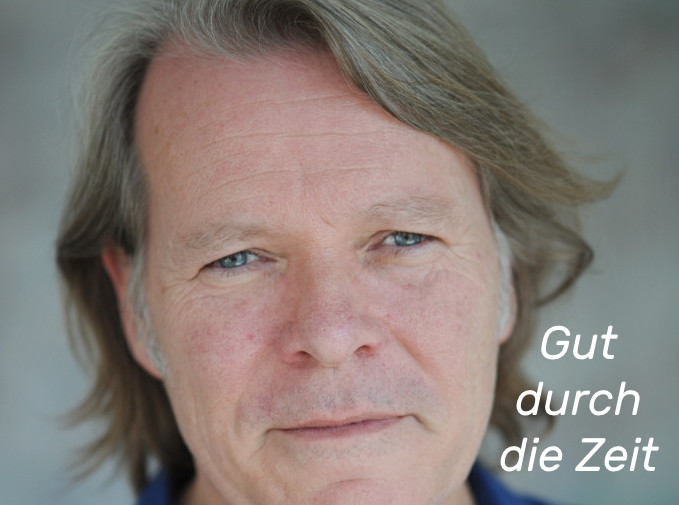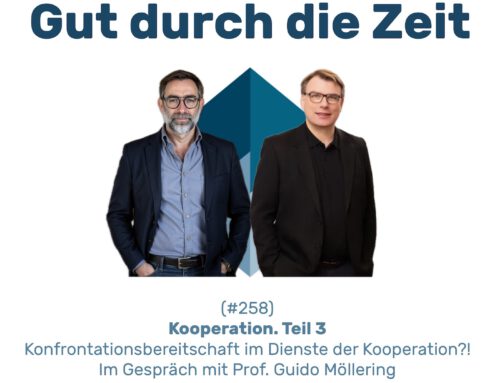INKOVEMA Podcast „Well through time“
#45 – History of Counselling II – Modernity and its Enlightenment
What we did when we thought we knew that only we could know. In conversation with Haiko Wandhoff
Well through time. The podcast about mediation, conflict coaching and organisational consulting.
Haiko Wandhoff, Professor of Older German Literature at Humboldt University in Berlin, works as a freelance coach, consultant and trainer. In 2016, he published his 10 historical forays through the history of counselling under the title "What should I do?" - a comprehensive historical work on the history of counselling.
PS: We apologise for the not intoxicating sound quality of this episode! It is evidence of a very hot summer day ;-)
Contents:
Information on the "History of Counselling" series
Contents:
-
In Part 1 we fly over the Antiquity and the Middle Ages and learn various ideas for counselling.
-
Part 2 leads into the Early modern times and modernityespecially in the era of the Clarificationwhich was also a turning point for the idea of counselling, the result of which was a deep Counselling scepticism brought with it.
-
Part 3 will once again be dealing with a fundamental change that is taking place in the Postmodernism and the concept of the Counselling without advice led.
Central idea
...of this series is to gain a deeper understanding of today's counselling phenomena:
- What happens to the people involved in a counselling process beforehand when one person wants advice and the other prepares to give it?
- What influence does the advice have on the cognitive self-counselling processes - and what is the basic function of the advice?
- How does counselling relate to other forms of influencing communication? Proselytising, teaching, mentoring and commanding and other forms of domination?
- Why does everything that is offered in terms of counselling seem to have to be systemic?
- What's with the suggestion that advice is also a slap in the face?
- Why is our company called a consulting company?
- And how is it that you can hardly do any job with any seriousness today without immediately being courted with a counselling offer?
Contents of part 2:
- Summary
- Mistresses as an advisory phenomenon at the princely court
- The New Era – The Great European Conversation (Roeck)
- Enlightenment and counselling scepticism (Montaigne and von Kleist)
- Self-counselling imperative of modern times
- Devaluation of external counselling (asking questions = inability to self-reflect?)
- Devaluation of giving advice
- Emphasis on self-counselling, self-talk (talking to yourself)
- Modelling the inner voices
„He who seeks advice does not listen enough to himself – and he who gives advice is presumptuous “
- The silent guidebooks: the triumph of guidebook literature
- Rehabilitation of external counselling in the 20th century
Left:
- Website for the book (publisher's page): "What should I do?", Corlin-Verlag, 2016.





Leave A Comment